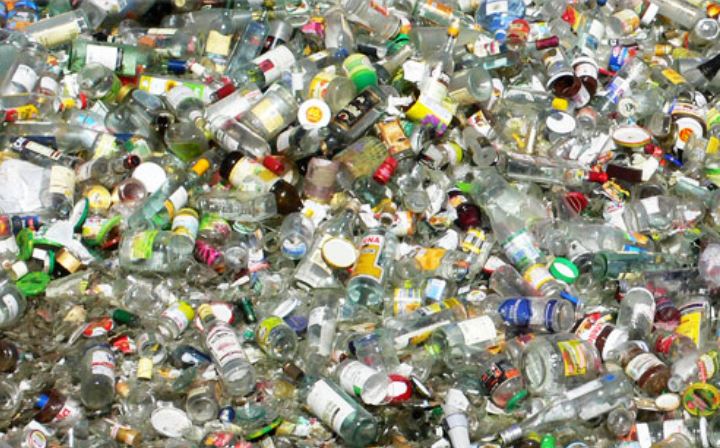

An environmental lobby group in Mombasa is piling pressure on the Health ministry to act fast over unregulated reuse of glass bottles by some beverage manufacturers.
Genesis for
Human Rights Commission on Thursday said the mysterious disease that has killed at least four people in Migadini, Mombasa, could be a result of
the unsafe operations of the some beverage companies.
“Who knows, maybe
we are starting to see the effects of the unregulated reuse and refilling of
bottles that we warned about,” Genesis for Human Rights programme director Caleb
Ng’wena said.
The Mombasa government has launched investigations into the death of four Matangini
village residents in Migadini, who died between July 9 and 14.
The bodies of the
deceased showed mysterious signs, including burn-like swellings, a foul smell
and an increase in weight.
Ng’wena’s GHRC
is among six environmental lobby groups that exposed some alcohol and soft
drink manufacturing companies over their unsafe practices that pose grave
threats to public health and ecological safety.
Others include Vocal
Environmental Conservation, Better Environment Rights, Suluhisho (CBO)
Environment, People’s Movement for Human Rights and Prepared Society.
On July 2, the
groups presented a report titled 'Health and Environmental Risks of Unregulated
Glass Bottle Reuse in the Beverage Industry in Kenya' to Health CS Aden Duale.
The report
indicates some companies are refilling used bottles collected
from dumpsites, sewage-infested locations and informal waste streams, without
properly sanitising them.
“These bottles
are often cleaned under unsanitary conditions, without oversight from the
Kenya Bureau of Standards or public health departments,” the six groups said in
their letter to Duale on July 2.
They said
laboratory evidence and field observations suggest high contamination risk from
salmonella, E coli, fungi and other disease-causing microbes.
“There is
evidence of toxic residue exposure, including pesticides and heavy metals, due
to improper sterilisation or previous use of bottles for non-food substances,” they
wrote to Duale.
On Thursday, Ng’wena
said Migadini residents could be the first victims of the contaminated bottles.
“Now we have a
disease that even health officers are baffled about. We know these areas are
low-income, where residents go for the cheap liquor often in bottles that
no one cares to carefully observe,” Ng’wena told the Star.
Richard Chacha,
the Mombasa county health department director of communication, said there is no
evidence to suggest an outbreak of an infectious disease.
Ng’wena said more
Kenyans in different parts of Mombasa could be exposed to such like mysterious
diseases if the Health ministry does not act fast.
“We wrote to the
CS two weeks ago and so far we have not seen any action being done. Kenyans could
be drinking harmful microbes into their bodies,” he said.
He urged CS
Duale to immediately issue a directive suspending the unsupervised reuse of
glass bottles for consumable products.
“The CS should
direct Kebs and county health departments, especially that of Mombasa county,
to conduct immediate audits of bottling plants and their sterilisation
processes across the country,” Ng’wena said.
The environmental
lobby groups had called for clear traceability and labelling requirements for
all reused beverage containers.
“There should
be a policy guideline that encourages a transition to single-use glass bottles
that are crushed, melted and remanufactured through safe, circular recycling
mechanisms.
“This call to
action is not meant to stifle the industry but to protect the lives of millions
of Kenyans who unknowingly consume products packaged in potentially hazardous
containers,” the lobby groups said.
They warned
that beverage companies that cut corners to maximise profits must be held to
the highest standards of accountability.
Instant
Analysis:
Public Health
PS Mary Muthoni has allayed fears of a deadly disease as the ministry sent a
team of top health experts to Mombasa to investigate the cause of the four
deaths. Environmentalist Caleb Ng’wena, meanwhile wants the Health ministry to
act fast on the glass bottle reuse probe.












